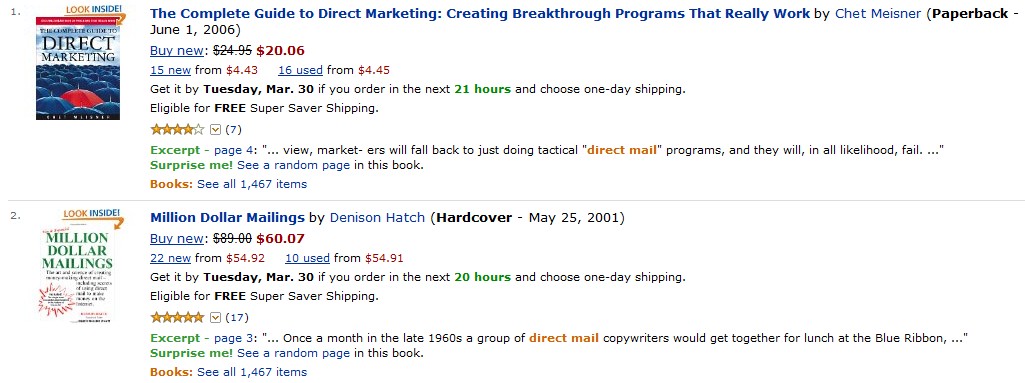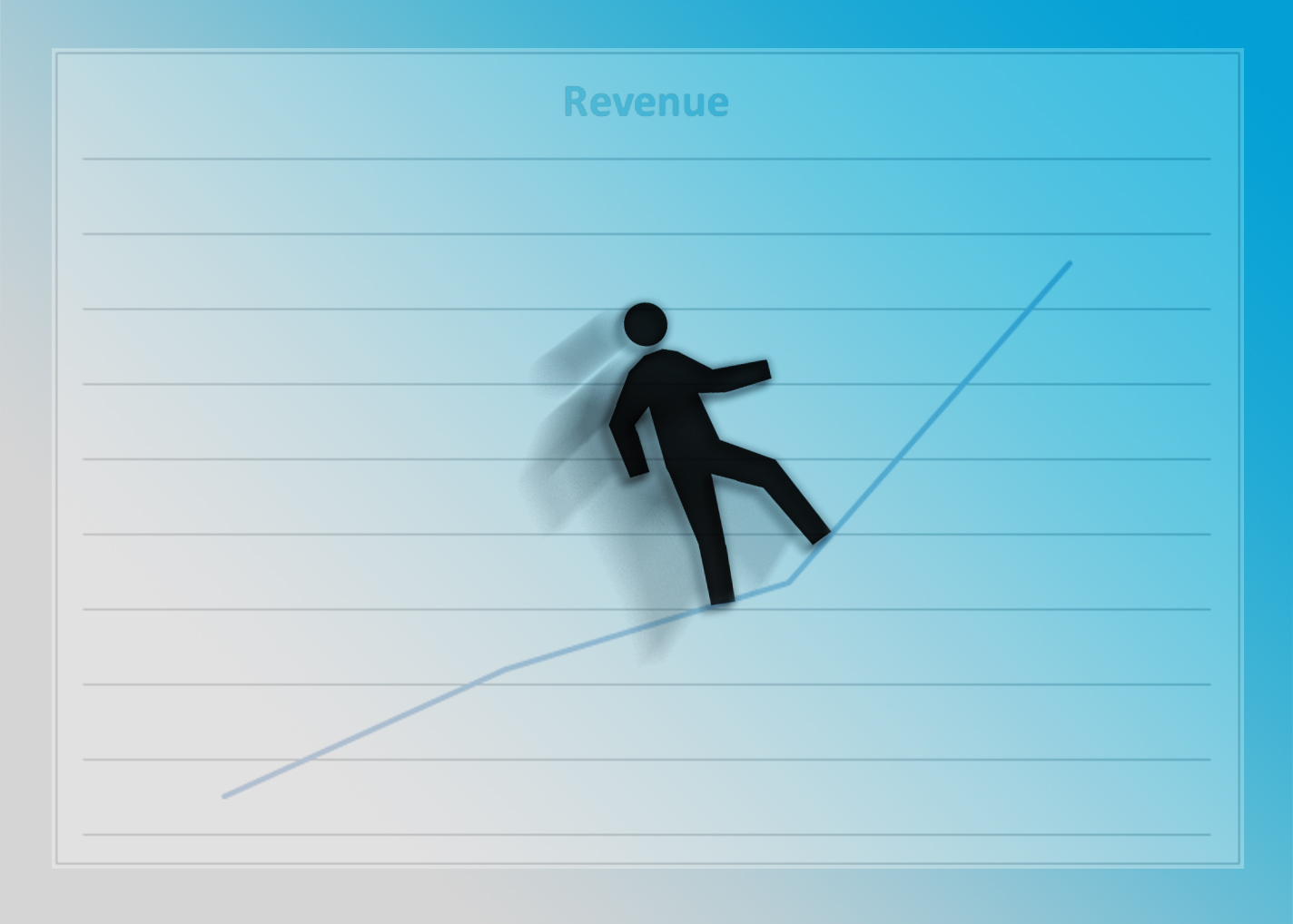Every year I take a few weeks off to meditate about the lessons I learned that year. These are the 10 lessons I learned at “The School of Hard Knocks” in 2009.
Do Less
I tend to commit to too many projects at a time and it’s not a good idea. I now say “no” to almost all the new projects that come my way and I’m more productive and happier now.

It’s About Basic Principles; not the Latest Trends
On my blog I have a voting system installed and I pay a lot of attention to it because it tells me what articles people vote for the most. I discovered that when I write about business foundation principles, very few people vote for those articles; but, when I write about tools or new trends, people love those posts. I used to be the same way: I was always reading the latest updates on what new tools were being released and new “tricks” to get things done better. A few months ago I discovered that although it’s OK to stay current with what’s new out there, it’s even more important to focus on the ABC’s of business, which is to create a great product that solves a real problem, sell it at a reasonable price and present it to the right audience with the right marketing message.
Get Help from Books and Google
Did you know that you can get training in any area you want for free or almost free? When journalists and friends ask me what’s the one secret between successful marketers and average ones, my answer is, “successful marketers are always learning”.
When I want to learn something new, I use either Amazon or Google. If what I want to learn is a skill, I read a book. Let’s say you want to learn how to manage your business cashflow better. Go to Amazon and search for “cashflow”. If you want to learn how to use direct mail, search for “direct mail”. Books are around $15. Can you think of any other investment that can deliver so much value for so little?
Now, what do you do when you want to learn a very specific thing? Let’s say you want to edit your Twitter background. You’re not going to buy a Twitter book just to get the answer to that question. Use Google! Search for “change Twitter background”. Google has answers to everything from “how to prepare a financial statement” to “how to overcome depression”. Use Google as much as you can to get your questions answered.

Let Bad Things Happen
You’ve heard it before, “better safe than sorry”. I don’t agree; I think that sometimes it’s better to be sorry than safe. I believe in “asking for forgiveness, not permission”. Let me explain why.
If you are a perfectionist like me, you probably spend a lot of time making sure that all your projects get executed without flaws. The problem is that preventing problems more often than not takes a lot longer that correcting flaws after the fact. Obviously, there are some things that you can’t afford to screw up. If you’re a wedding planner, you don’t want the bride to show up for her wedding and her dress not to be ready. You need to find out what requires perfection and what doesn’t. For those things that you can afford to screw up and fix later, do it. You’ll save a lot of time and worry.
Talk to Your Clients as You Talk to Your Friends
I used to think that the only way to be taken seriously was to sound “like a real business”. So, I started saying things like “as per your request” and “please accept our apologies for any problem we may have caused”. I could never create any real bond between my clients and me. Then I started talking to them like I talk to the rest of the people I really care about. Instead of saying, “please accept our apologies for any problem we may have caused” I started saying, “Hey Bob, I really screwed up. I’m very sorry. I promise you this won’t happen again.” At first I was afraid that people might feel it disrespectful, but it was the complete opposite and I was shocked! My clients started opening to me a lot more and they really appreciated my being genuine.

Don’t Decrease Your Prices; Increase Them Instead
When I started The Outsourcing Company I had a big problem. We were doing websites, charging too little and we could only afford to hire cheap designers. As you can imagine, we were having headaches every single day. There were two reasons for this:
- Cheap vendors aren’t usually the best ones.
- Low-end clients have very little money. When someone gives you a large percentage of their capital to get something done, they call you every day with complaints and they’re never happy. When you work with clients with deeper pockets, what they pay for your services is a smaller percentage of their capital and they’re busy doing other things, so they let you do your job and they spend their time growing their business instead of telling you how to run yours.
The bottom line is: increase your prices and offer superior products. Working with high-end clients is a lot more fun, profitable and less stressful.

Build Sales Forecasts Backwards
When I started my first business I figured that all I needed was to get 0.5% of the market share and that way I’d make $2M/year. I was so naïve! What I didn’t realize was that at the closing rate I was having calling prospects, I needed to call 750 prospects a day to reach my projections. I then learned to build my forecasts backwards. I start by figuring out how many prospects I can contact, I continue by estimating how many I can get to meet with me and finally how many will become paying clients. It’s a lot more accurate and it allows me to plan my budget better.

Pay Yourself a Salary
I used to take money from the company as I needed it. Some months I was taking $4,000 and other months I was taking $15,000. This is really bad for a business because if you take more when there is more, you can never grow your working capital and your reserves. Now I pay myself a salary and I put it in a separate account. Some months I spend 50% of it and some other months I spend more than I paid myself, but I get the extra money from personal savings, not company reserves.
You Don’t Always Need to Grow
I used to be obsessed about growing my business. One day I asked myself why I was doing that. I certainly didn’t need more money and growing a business can be very stressful. From that day on, I stated working on building a better business, not necessarily a larger one. My clients appreciated this a lot and I earned a lot of goodwill from them. When it makes sense, I take new clients, but only if it’s the right move for my business.

Pay Attention to the Numbers
I think I’m a great marketer but I’m terrible with my finances. I hate doing my books and analyzing where money is coming from and where it’s going to. My business did great for a long time but a few years ago we lost a couple of big clients and our finances hurt a lot. I then realized that it was time to meet with an accountant and analyze what was going on.
I was shocked when I discovered that one of my business units had been losing money for over two years! I also found out that one of my employees was stealing money from me and a couple of vendors were overcharging me for their services.
You have to watch your finances like a hawk. If you’re not good at it, just have someone else do it for you, but it needs to be done. This piece of advice might sound obvious for most of you who work at big corporations, but you’ll be surprised at how many business owners think that as long as they sell their stuff their finances will be in order.


